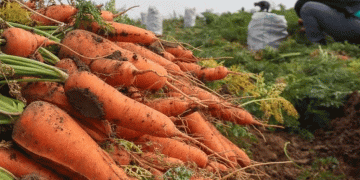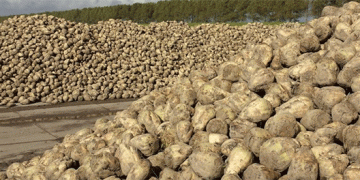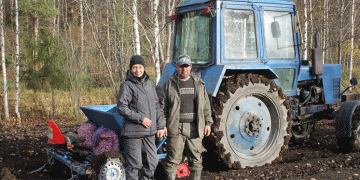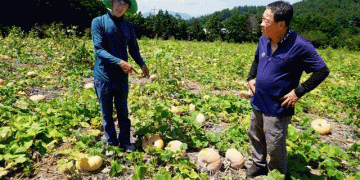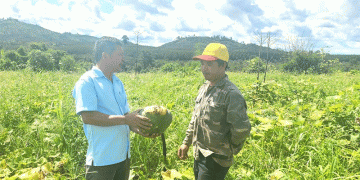Farmers, agronomists, agricultural engineers, farm owners, and scientists working in agriculture are likely to be interested in the recent court ruling regarding the Waters of the United States (WOTUS) rule. On April 12, District of North Dakota Judge Daniel Hovland granted a preliminary injunction against the Biden administration’s WOTUS rule, which defines what “navigable waters” are subject to government regulation under the Clean Water Act. The injunction comes after President Biden vetoed a bipartisan, bicameral bill last week that called for WOTUS to be repealed.
According to the Daily Caller News Foundation, the WOTUS rule allows the Environmental Protection Agency (EPA) to claim regulatory authority over lands containing small streams and wetlands, which many states and landowners see as a violation of their sovereign rights. The ruling is a win for 24 states that sued the EPA over the rule in February, arguing that it poses a threat to their sovereignty and amounts to irreparable harm. The court found that the states involved in the litigation would expend unrecoverable resources complying with a rule unlikely to withstand judicial scrutiny.
Missouri Attorney General Andrew Bailey and Indiana Attorney General Todd Rokita both applauded the decision, stating that the WOTUS rule is an unconstitutional land grab that usurps the rights of farmers to control their property. They also noted that the ruling would save landowners from having to undertake expensive assessments or forego their activities.
Despite this recent ruling, the issue of what constitutes a navigable water remains unclear, leaving every state to continue swimming in waters of uncertainty, ambiguity, and chaos until the Supreme Court’s pending decision in Sackett v. EPA settles the issue. The EPA did not immediately respond to a request for comment.
The recent court ruling blocking the Biden administration’s WOTUS rule is a win for farmers, agricultural engineers, and farm owners who saw it as a violation of their sovereign rights. While the ruling provides temporary relief, the issue of what constitutes a navigable water remains unresolved, leaving many in the agriculture industry in a state of uncertainty.




















